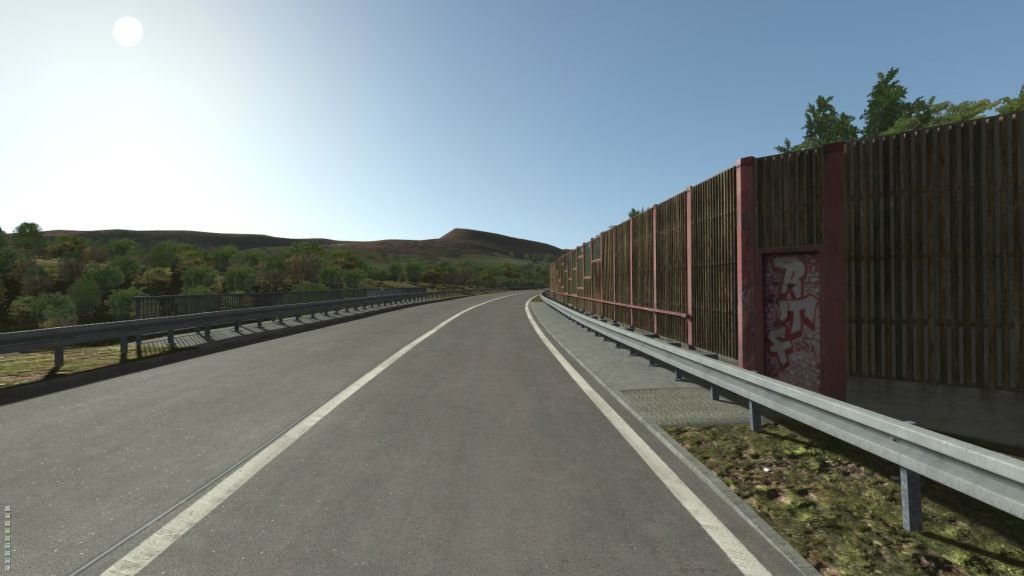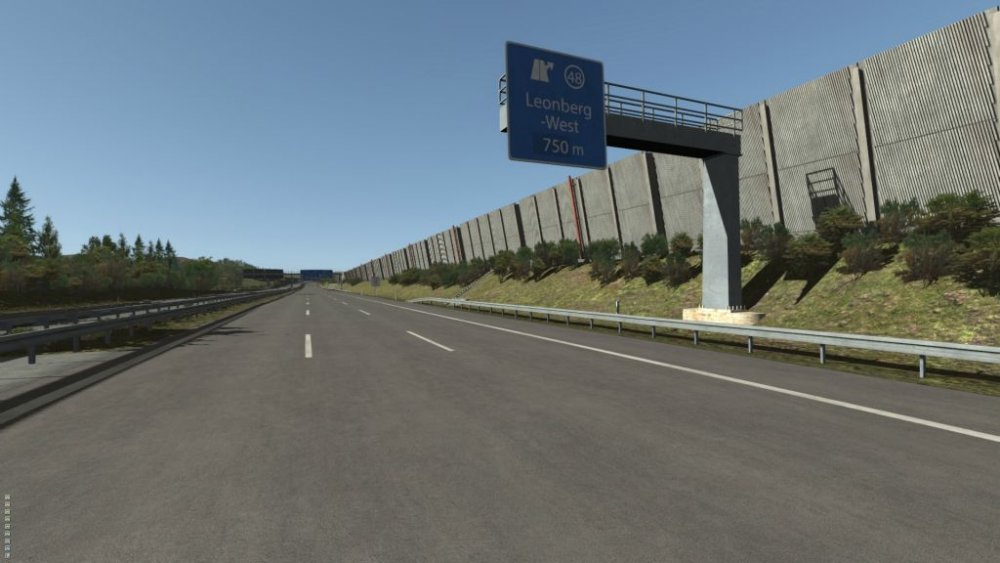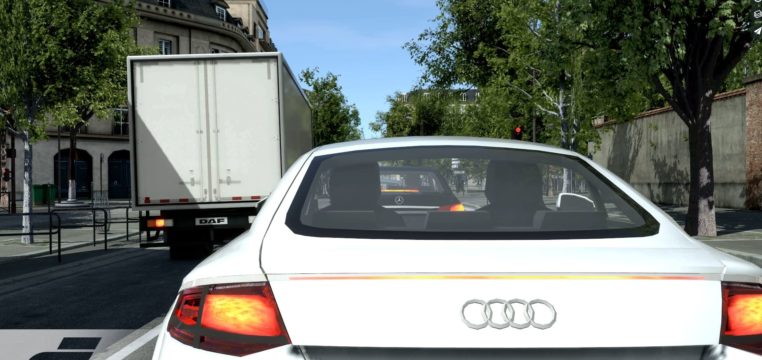rFpro simulator and the automotive companies
Image Space Incorporated (ISI) has announced a collaboration with several automotive companies in the development of stand-alone cars. The work will be carried out using the well-known rFPro, the professional simulator of the American company which, while being deeply different from the rFactor and rFactor 2 commercial versions (though sold to Studio 397), uses proven ISIMotor (for physics) and gMotor engine (for graphics).
Gjon Camaj explained in this regard: “Over the last ten years we have dedicated our team to producing realistic and verifiable, rather than cinematic, simulation. and graphics engine delivers, out of the box, the tools and techniques that are required for Deep Learning-based systems based on camera, LiDAR, and radar feed. “
Chris Hoyle, Technical Director of rFPro, added: “Vehicle manufacturers and their suppliers are increasing their investment in the development of ADAS and autonomous systems, which places the emphasis on the development and validation of Deep Learning systems for both Perception, using cameras, radar and LiDAR to detect the environment, and Prediction, to plan a path through the road ahead, allowing for traffic, pedestrians, road signals and hazards.

The combination of technologies from rFpro and ISI is so much greater than the sum of the two parts as it allows us to substantially accelerate our R & D, rFpro simulator has one core focus: driving simulation, and by investing in our R & D capability, we hope to keep ahead of the curve on the demand for new capabilities from our customers in Deep Learning Autonomous Driving, ADAS, and Vehicle Dynamics. The deal also secures our access to key technology, essential to producing realistic simulation for perception systems. “

rFpro simulator also offers a vast library of 3D digital road models, built accurately from LiDAR surveys, spanning Europe, North America, and Asia. Using real-world models overcomes the problems associated with pure synthetic data and accelerates the development of perception systems. The models allow the rapid creation of realistic simulations of complex corner cases and help to achieve a good correlation with real-car testing.
As the level of realism advances, it will not only accelerate autonomous vehicle development but it will also improve the accuracy of more traditional vehicle dynamics simulation. The driver will be more immersed in the virtual environment, making their reactions more representative of real-world driving, a key requirement for Driver-In-The-Loop simulation.
Here you can watch a video of the actual rFpro simulator in action on a road street model


